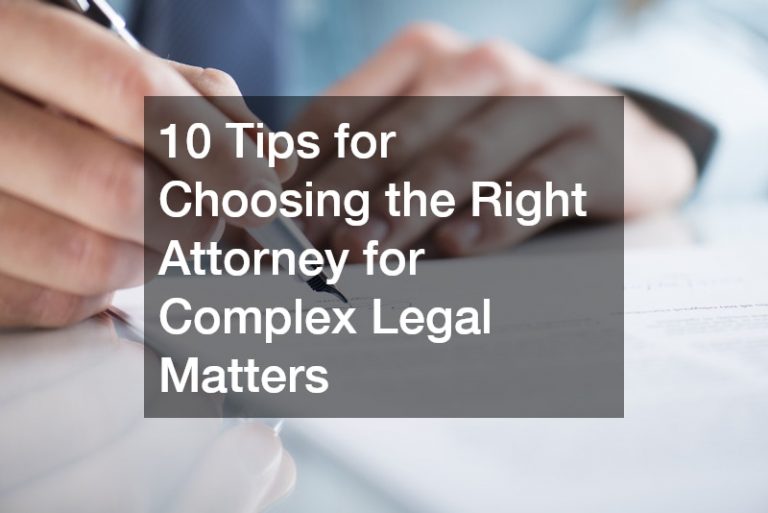As someone with a mental disability, you have certain rights in the workplace. The Americans with Disabilities Act (ADA) and the Rehabilitation Act protect qualified individuals with disabilities from discrimination in all aspects of employment, including job application procedures, hiring, firing, training, pay, performance evaluations, and other conditions and privileges of employment. If you feel that your rights are not being met, you can take steps to ensure they are.
Request a Reasonable Accommodation
If you have a mental disability covered under the ADA, you can request reasonable accommodation from your employer. This is an adjustment to the work environment or how things are typically done to help a person with a disability apply for a job, perform their duties on the job, or enjoy the benefits and privileges of employment.
Examples of reasonable accommodations for individuals with mental disabilities include but are not limited to:
- alters or modifies tests, training materials, or policies
- provides qualified readers or interpreters
- modifies workplace policies
- grants leave for treatment
You should request a reasonable accommodation as soon as you become aware that accommodation is necessary to perform your job duties or to enjoy the benefits and privileges of employment. However, an employer is not required to grant accommodation if it would create an undue hardship on the business.
When deciding whether an accommodation would pose an undue hardship, courts will consider factors such as the size of the business and its financial resources, the nature and structure of its operation, and the impact on expenses and resources. Generally speaking, accommodation is considered an undue hardship if it requires significant difficulty or expense compared to the size of the business.
Claim Your Benefits
If you have a mental disability, you may be eligible for certain benefits under the ADA and other laws. For example, The Family and Medical Leave Act (FMLA) allows eligible employees to take unpaid leave for specific medical reasons, including severe health conditions caused by mental illness.
The Department of Labor’s Job Accommodation Network also offers disability benefits for mental illness, such as tax credits for disability-related expenses and job placement assistance. Additionally, some states offer disability insurance programs that provide cash benefits to individuals with disabilities who are unable to work due to a disability.
It is essential to know your rights and be aware of the disability benefits available to you to ensure that your rights as a mentally-disabled employee are met. Before filing any claims, consult an experienced disability attorney to ensure you understand the law and have all the information necessary to protect your rights.
File a Charge of Discrimination
If you believe your employer has discriminated against you because of your mental disability, you can file a charge with the Equal Employment Opportunity Commission (EEOC). You must file your charge within 180 days from the date that the alleged discrimination took place.
The EEOC is responsible for investigating charges of discrimination and may take one of three actions:
- attempt to settle the charge through conciliation
- bring a lawsuit against the employer
- decide not to take any action
They decide on this by collecting evidence and interviewing witnesses. If you file a charge, keep a copy and other records related to your claim.
The EEOC will give you a right-to-sue letter if they decide not to take action on your charge. You have 90 days to bring a private lawsuit against the employer.
Contact an Attorney

If you feel your rights have been violated and want to take legal action against your employer but do not want to go through the EEOC process, you can always contact an attorney. An experienced attorney can tell you whether you have a valid claim against your employer and guide you through filing a lawsuit.
When choosing an attorney, it is important to consider experience, fees, and the attorney’s approach to representing clients.
Experience is essential because the attorney will better understand the law and how to represent your case best. Fees are also essential because you want to be sure you can afford the attorney’s services.
The attorney’s approach to representing clients is another important consideration. Some attorneys prefer to negotiate a settlement, while others may be more aggressive and take the case to court. It would help if you chose an attorney with a style that aligns with your preferences.
For an experienced and affordable disability attorney, consult the Job Accommodation Network (JAN) or your state’s Department of Labor website. These organizations offer directories of attorneys who specialize in disability law. You can also ask friends, family, or other professionals for referrals.
Mental disabilities are protected under the law from discrimination, and various benefits are available to individuals with mental disabilities. If you believe your boss has discriminated against you because of a mental illness, you can file a complaint with the EEOC or speak to a lawyer. Being aware of your rights and understanding the resources available is an essential step in protecting your rights as a mentally-disabled employee.







